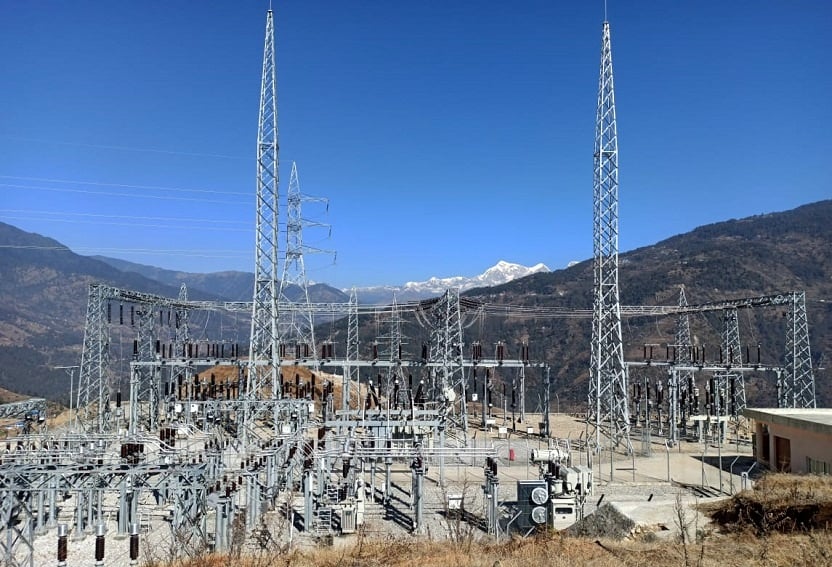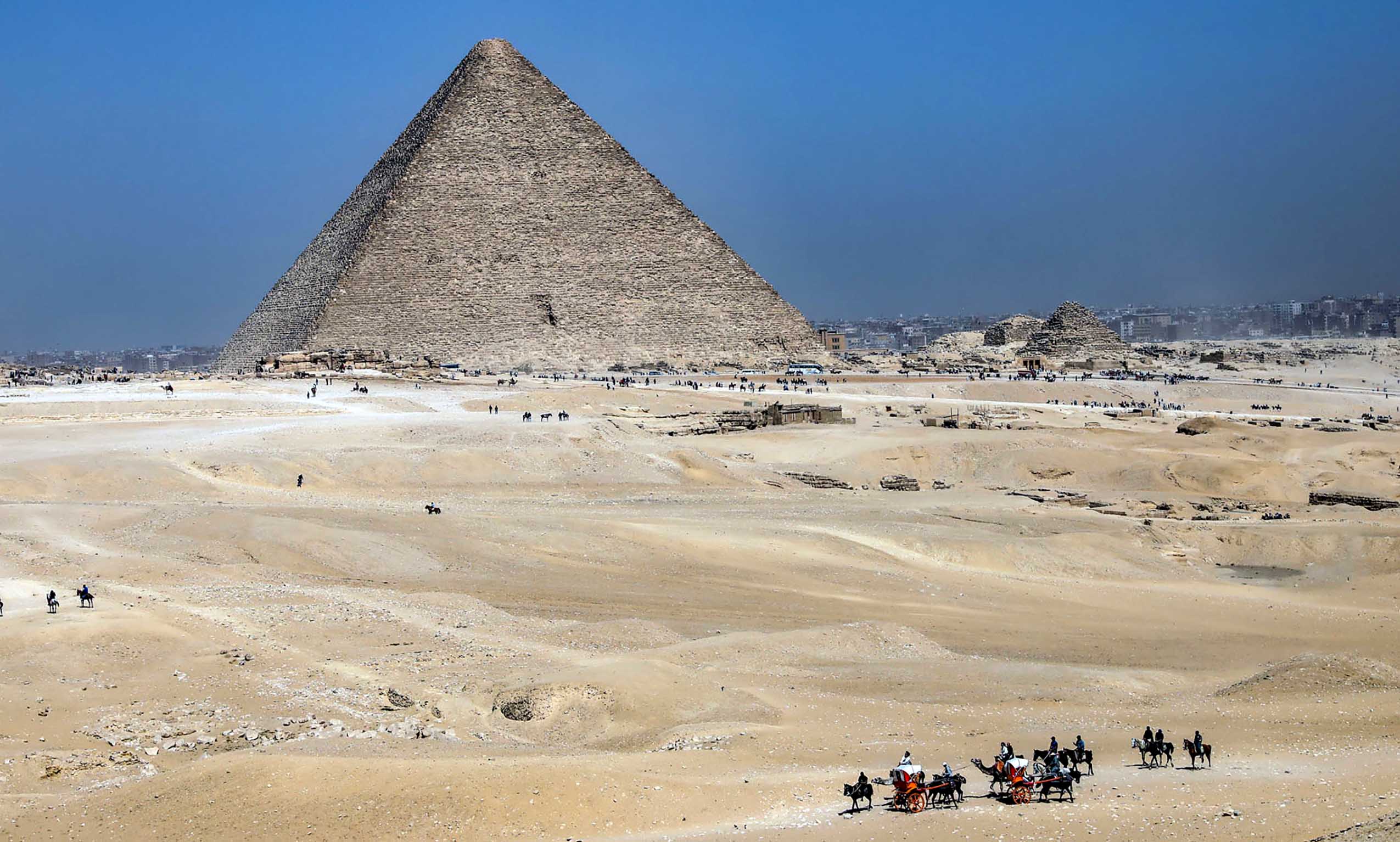Russian claim of troop withdrawal false, says US
Russia's claim that it is moving troops away from the border with Ukraine is "false", according to a senior US official, who added that 7,000 extra troops have arrived in recent days.

FEB 17: The official also said that Russia could launch a "false" pretext to invade Ukraine "at any moment".
Moscow says it is moving troops away from the Ukrainian border after the completion of military exercises.
But Western officials say they have seen no evidence to support the claim.
"Russia must take real steps toward de-escalation," US President Joe Biden and German Chancellor Olaf Scholz agreed in a phone call on Wednesday, according to the German chancellery.
Russia - which has repeatedly denied planning to invade Ukraine, despite having amassed well over 100,000 troops near the border - calls Western concern over an invasion "hysteria".
On Wednesday, its defence ministry published a video purporting to show tanks leaving Crimea, which Russia annexed from Ukraine in 2014.
But according to a senior White House official, thousands more troops have arrived in the area in recent days - including some on Wednesday itself.
Speaking to journalists, the US official cast doubt on Russia's assertions "it was withdrawing troops from the border with Ukraine".
"They received a lot of attention for that claim, both here and around the world. But we now know it was false."
It came hours after Ukrainian President Volodymyr Zelensky told the BBC: "We don't see any troop withdrawal yet, we just heard about it."
He was speaking as Ukraine marked a so-called day of unity on Wednesday, with national blue and yellow flags raised throughout the country.
President Zelensky declared the patriotic holiday in response to US intelligence reports that Russia could attack Ukraine on the same day.
Nato Secretary-General Jens Stoltenberg has also said there are no signs that Russian forces are de-escalating, saying on Wednesday that the threat from Russia had become a "new normal".
Speaking at a summit of Nato defence ministers in Brussels, Mr Stoltenberg said the alliance was considering setting up new battle groups - the smallest type of self-sufficient military units - in central and south-eastern Europe.
He said this was part of ongoing measures to bolster European defence - on which $270bn (£199bn) had been spent since 2014 - although he attempted to reassure Russia that Nato was not a threat.
France had offered to lead one such battle group in Romania, he said.
Russia's foreign ministry said it was "no longer interested" in Mr Stoltenberg's statements.
This was a bleak forecast for the future from Nato's secretary-general.
Jens Stoltenberg described it as the most serious security crisis in Europe since the end of the Cold War. And he made clear that the threat hadn't gone away.
Even if President Putin doesn't give the order to attack, there are still signs this crisis will cast a much longer shadow.
Mr Stoltenberg said Russia's military build-up showed Moscow was prepared to contest European security with the use of force.
That "new normal" could also mean Nato increasing its military posture. Mr Stoltenberg has tasked Nato military planners to look at setting up new battle groups on the alliance's eastern flank - in Romania and the Black Sea region.
However, no final decision has yet been taken and Nato insists reinforcements would only be sent to act as a deterrent.
Nato is still calling on Russia to engage in dialogue to reduce tensions. But if diplomacy doesn't work the danger is both sides will end up with their armies doing the talking.
The scepticism over Russia's claimed withdrawal was also echoed in the UK. Writing in the UK newspaper The Telegraph on Thursday, Foreign Secretary Liz Truss - who is expected to travel to Ukraine shortly - warned the West should not be lulled into a false sense of security.
Prime Minister Boris Johnson earlier told the UN Secretary-General in a phone call there was "currently little evidence of Russia disengaging", while his defence intelligence chief Lt-Gen Jim Hockenhull said that, on the contrary, Russia was continuing to build up its forces.
"This includes sightings of additional armoured vehicles, helicopters and a field hospital moving towards Ukraine's borders," he said. "Russia has the military mass in place to conduct an invasion of Ukraine."
On Wednesday, the US State Department warned that Russian officials were planting stories in the media aimed at influencing public opinion in the event of an invasion.
Spokesman Ned Price expressed concern at Mr Putin's claim that "genocide" was taking place in eastern Ukraine.
Meanwhile, Russian officials said they were investigating alleged mass graves containing hundreds of civilians in the conflict zone.
Russia and Ukraine have deep cultural and historic ties, and both were part of the former Soviet Union.
Russian President Vladimir Putin wants assurances that Ukraine will not join Nato because he sees any expansion of it as a threat. Nato has rejected that demand.
Earlier this week, Mr Putin said that Russia did not want war, but demanded that the issue of Nato membership be addressed now, even though Ukraine is a long way from even starting an application to join the alliance.




_GuyKOE272v.png)





Leave Comment